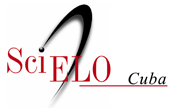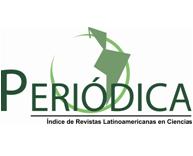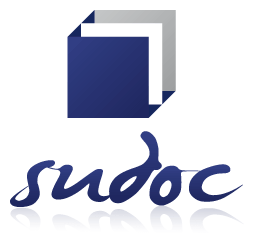A METHODOLOGY BASED ON AN ECOLOGICAL ECONOMY APPROACH FOR THE INTEGRATING MANAGEMENT OF THE SULPHUROUS WATER IN AN OIL REFINERY
Keywords:
sulphurous water, ecological economy, integral managementAbstract
Despite the current highly stringent international standards regulating the contaminating emissions to the environment, the Oil refinery of Cienfuegos is still generating liquid and gaseous emissions contaminating the environment. The construction of new units as part of the Refinery expansion leads to an increase of these emissions due to the lack of technologies for the reutilization of the sulphurous water. The objective of this paper is to propose a methodology for the integral management of the sulphurous residual water in the oil refining process, including the evaluation and selection of the most feasible technological variant to minimize the sulphur contamination of water and the resulting emissions during the process. The methodology is based on the ecological economy tools, allowing a comprehensible evaluation of six technological variants at the refinery of Cienfuegos. The Life Cycle Assessment was applied (ACV by its Spanish acronym), by means of the software SimaPro 7.1. It was evaluated through the Eco Speed Method, to minimize the possible uncertainty. An economic evaluation was performed, taking into account the external costs for a more comprehensive analysis, enabling, along with the ecological indicators, the selection of the best technological variant, achieving a
methodology based on a comprehensive evaluation, and as a positive impact, the implementation of the chosen variant (V5), 98.27% of the process water was recovered, as well as the sulphur that recovered from 94 to 99.8 %, reducing the emissions from 12 200 to 120 mg/Nm3 as SO2.




















